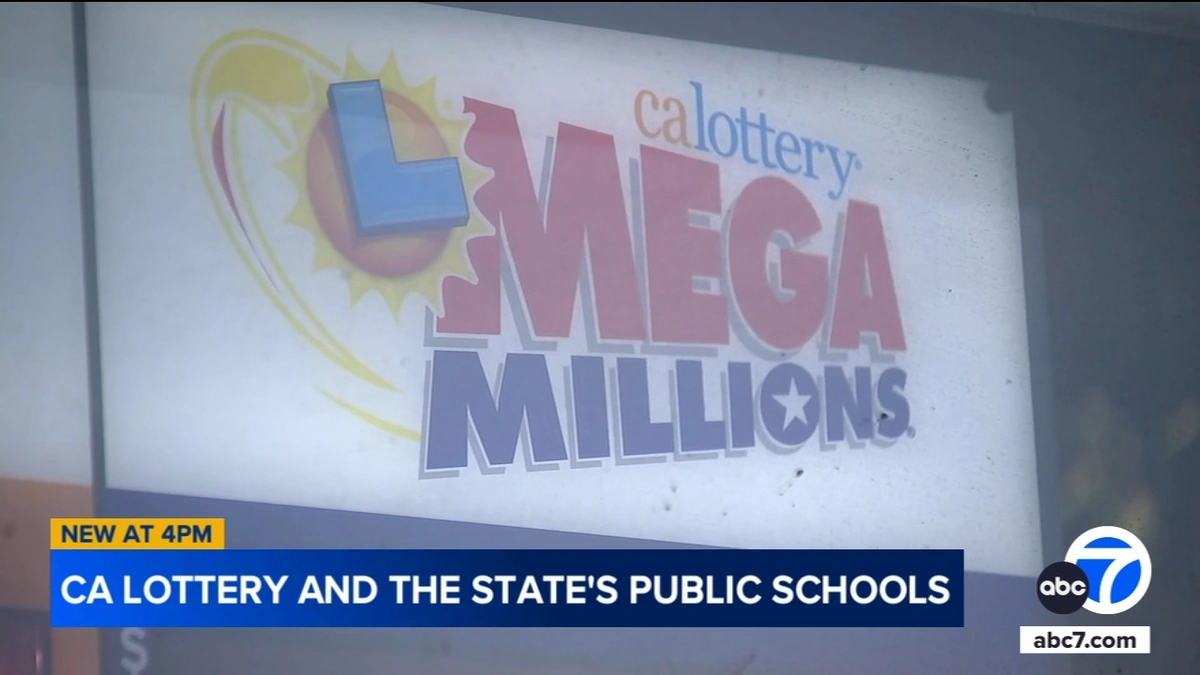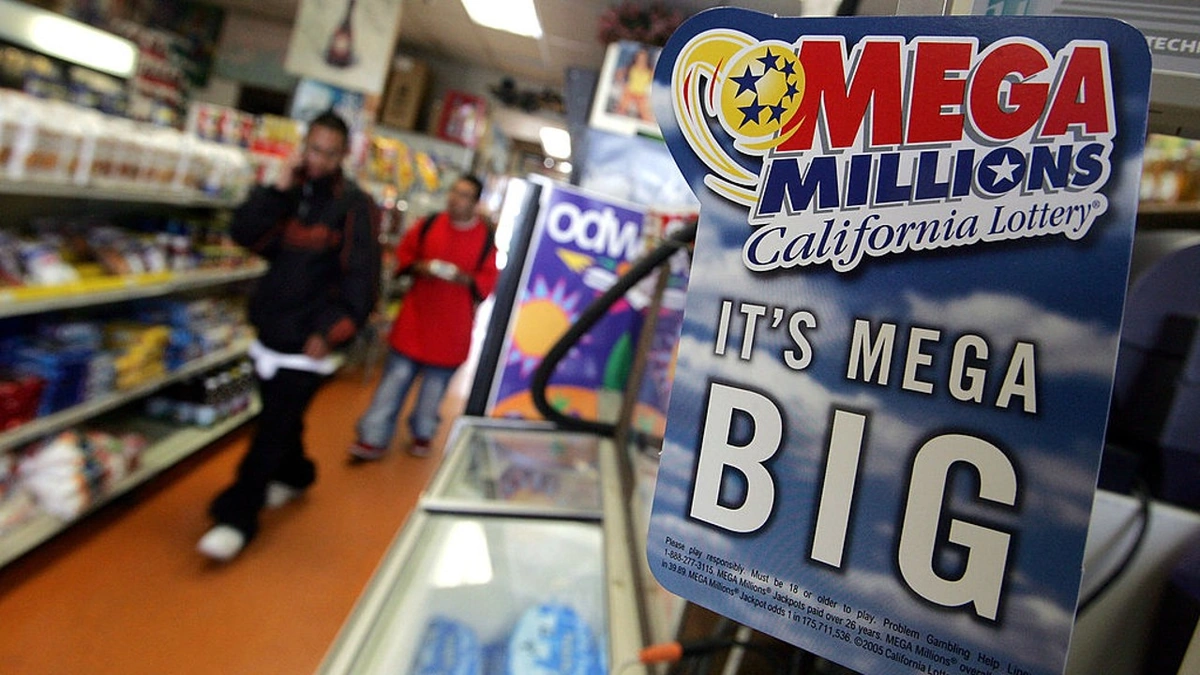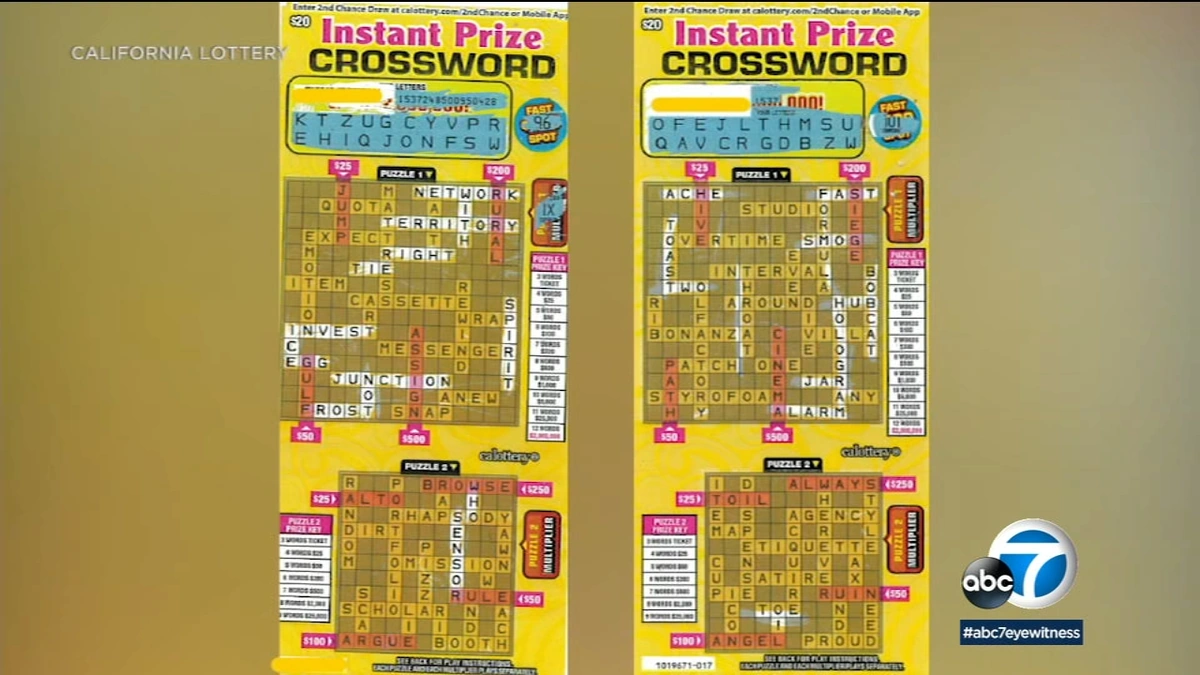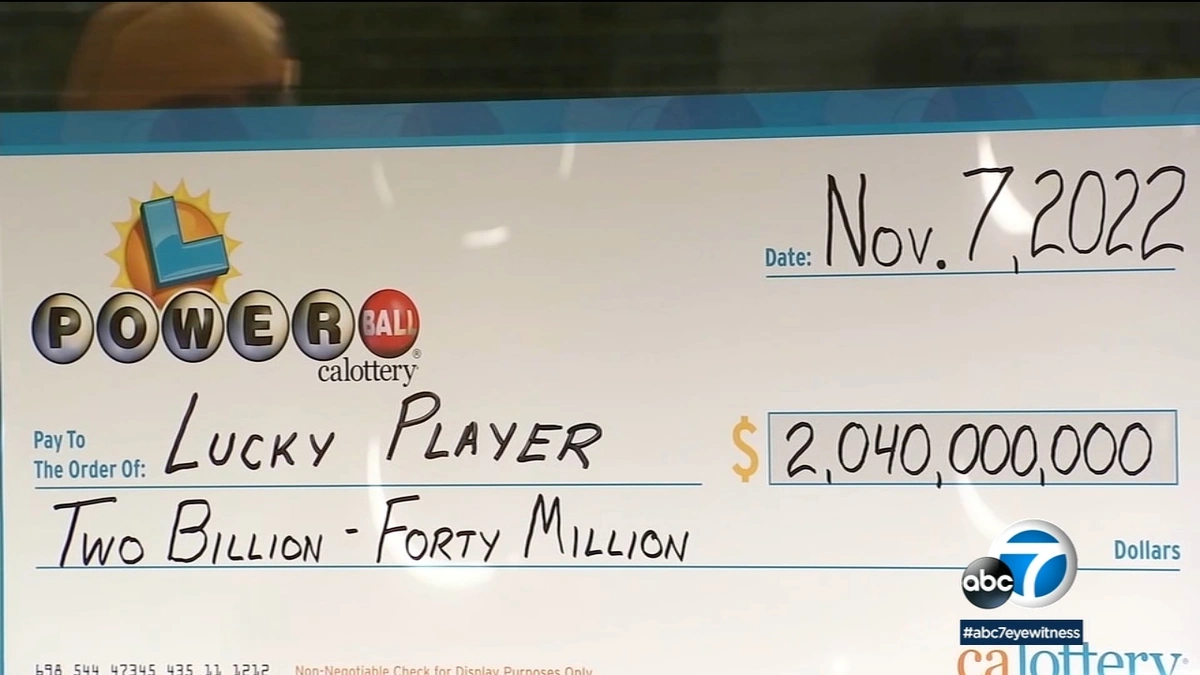You’ve seen the headlines, right? They flash across your phone screen, screaming numbers so huge they barely seem real. Some lucky soul in a place called Chino Hills or Frazier Park has just won a Powerball jackpot that looks more like a small country’s GDP. For a moment, you probably do what we all do: you daydream. You think about the cars, the houses, the endless travel, the sheer freedom of it all.
And then the moment passes. But the curiosity lingers.
Let’s be honest, sitting here in India, the whole concept of the California lottery feels like something from a movie. It’s a symbol of American excess and impossible luck. But what is this thing, really? Beyond the dazzling numbers, how does it actually work? And why, thousands of miles away, should we even care?
As someone who’s spent way too much time falling down the rabbit hole of global finance and human psychology, I can tell you this: it’s about so much more than just a lucky ticket. It’s a fascinating story of economics, marketing genius, and the surprisingly complex reality of what happens when someone is struck by financial lightning. So grab your chai, and let’s break it down.
It’s Not Just a Lottery, It’s an Economic Engine

Here’s the first thing you need to understand: the lottery isn’t just a game. In California, it’s a massive state-run business with a very specific, and surprisingly noble, mandate. When you see a $2 billion jackpot, the winner doesn’t just get a giant novelty cheque for the full amount. That headline number is just the glittering tip of a very large iceberg.
The money from ticket sales (billions of dollars annually) is sliced up like a pie. According to theofficial California Lottery website, the largest portion, by law, must go to prizes. But the second-biggest slice is what makes the whole system politically popular: funding for public education. Since its start in 1985, the lottery has given over $43.8 billion to California’s public schools. It pays for textbooks, teacher salaries, and school programs. It’s the lottery’s golden justification.
So, that $2 ticket you hypothetically buy isn’t just a shot at a dream; it’s a micro-donation to the state’s education system. A small percentage also goes to the retailers who sell the tickets (often small business owners) and to the administration of the lottery itself.
What fascinates me is the marketing. They sell the dream of individual wealth, but the underlying product is civic funding. It’s brilliant. The state gets its money, retailers get their cut, and the public gets a low-cost fantasy. The jackpot winner is, in a way, just the advertising for the whole operation.
The Mind-Bending Math of “Annuity vs. Cash”

Okay, this is where it gets really interesting and where most people get confused. You win the $1 billion jackpot. Hooray! Now, you have a choice to make, and it’s a big one.
- The Annuity Option: This is the big, sexy number you see in the news. But you don’t get it all at once. Instead, you get an initial payment followed by 29 annual payments that increase by 5% each year. The lottery invests the prize money and pays you with the principal and the interest it earns over three decades.
- The Cash Value Option: This is the actual amount of money in the prize pot *right now*. It’s a lump sum, but it’s significantly less than the advertised jackpot—sometimes only 50-60% of the annuity value. For a $1 billion jackpot, the cash value option might “only” be $550 million.
Why the massive difference? Because the annuity value includes all the interest it’s projected to earn over 30 years. It’s a bit of financial sleight of hand. They’re selling you the future value, not the present value.
So which one do people choose? Overwhelmingly, they take the cash. Let’s be real, if you’ve just won, you’re thinking about taxes (which are brutal), paying off debt, and securing your family’s future now, not waiting 30 years. Financial advisors often recommend taking the lump sum because you can invest it yourself, potentially earning a better return than the lottery’s conservative annuity plan. This is one of the most important Mega Millions rules and Powerball realities to understand. The headline is a fantasy; the cash value is the reality.
The Indian Connection | So, Can You Actually Play?

This is the million-dollar question, isn’t it? Can you, from your home in Mumbai or Delhi, legally buy lottery tickets online and win the California SuperLotto Plus or Powerball?
The official rule is crystal clear: you must physically be in California (or the relevant US state) to purchase a ticket. The lottery does not sell tickets online or by mail. Period.
But… you’ve probably seen websites that claim to be lottery courier services . These platforms have someone in the US who physically goes to a store, buys a ticket with your chosen numbers, and sends you a scan. If you win, they help you claim the prize.
Here’s my honest advice, as a friend: be extremely careful. While some of these services might be legitimate, it’s a regulatory grey area filled with risks.
- Scams: Many sites are outright scams that will just take your money.
- Legality: The legality of these services is often debated. What happens if there’s a dispute over the winning ticket? You’re in India, the ticket is in the US. It’s a legal nightmare waiting to happen.
- Claiming the Prize: Winning is one thing. Actually getting the money is another. You would likely have to travel to the US and prove you are the legitimate owner of the ticket, navigating complex tax laws and potential legal challenges from the courier service itself. For more information, you might want to look into how to handle unexpected wealth .
The dream is tempting, I get it. But the risks associated with playing from overseas are significant. It’s generally not a recommended path.
The Human Story | More Than Just Champagne and Mansions

We love to see the photos of smiling winners holding giant cheques. It’s a perfect fairy tale. But the reality is often much darker. There’s a well-documented phenomenon known as the “lottery curse,” where winners end up broke, miserable, or even worse.
Think about it. Most people are not equipped to handle a sudden influx of hundreds of millions of dollars. It’s not just money; it’s a complete system shock to your life. Relationships fracture. Long-lost “cousins” appear out of the woodwork. You become a target for lawsuits and bad investments. Many lottery winner stories are cautionary tales about how money can amplify personal problems rather than solve them. It’s a reminder that true wealth is about more than just a bank balance, a concept we explore in our guide on building financial security .
It forces you to ask a deeper question: what would you actually do? The fantasy is easy. The reality requires a team of lawyers, accountants, and therapists.
Frequently Asked Questions
What was the biggest California lottery jackpot ever?
The largest jackpot in history was a $2.04 billion Powerball prize won in California in November 2022. The winner, Edwin Castro, opted for the lump sum cash option of $997.6 million before taxes.
Do you have to be a US citizen to win the lottery?
No, you do not have to be a US citizen or resident to win. However, you must purchase the ticket legally from a licensed retailer within the participating state. Winnings are subject to US federal and state taxes, regardless of your citizenship.
What are the actual odds of winning a big jackpot?
The odds are astronomically low, which is why the jackpots can grow so large. The odds of winning the Powerball jackpot are about 1 in 292.2 million. For Mega Millions, it’s even tougher, at about 1 in 302.6 million.
How much tax do you pay on lottery winnings?
Winnings are taxed as ordinary income. The US government will automatically withhold 24% for federal taxes on large prizes. The winner will then likely owe more at tax time, up to the top federal bracket of 37%. On top of that, most states have their own income tax. California is one of the few states that does not tax lottery winnings for its residents.
Is it really safe to use online sites to buy tickets from India?
It is not recommended. The California Lottery and other official bodies do not endorse or partner with these services. The risk of fraud, legal complications, and issues with claiming the prize is very high. It’s best to treat these with extreme skepticism.
So, the next time you see a headline about a billion-dollar California lottery win, you’ll see it for what it truly is. It’s not just a story of random luck. It’s a story about a state-funded economic machine, a masterclass in financial psychology, and a human drama with incredibly high stakes. And the dream? Well, that’s just the powerful, irresistible fuel that makes the whole engine run.




